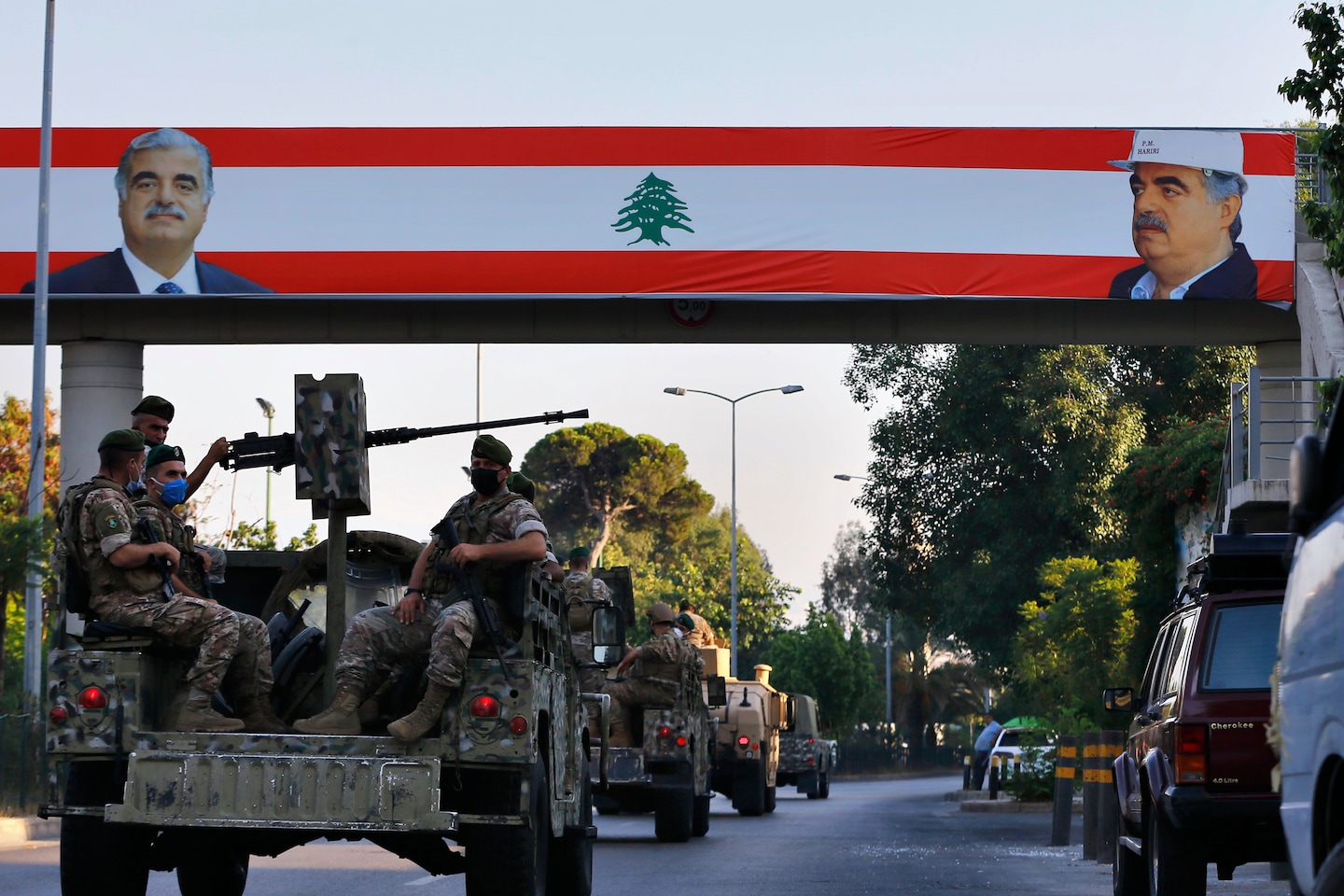Lebanon tribunal implicates Hezbollah in 2005 killing of Rafiq al-Hariri

Salim Jamil Ayyash, one of four Hezbollah members charged with belonging to a cell that committed the attack, was found guilty on all the counts of involvement with which he was charged, including committing an act of terrorism and homicide.
The remaining three defendants — Hassan Habib Merhi, Assad Hassan Sabra and Hussein Hassan Oneissi — were acquitted on the basis of insufficient evidence to connect them to the crime. Thus concluded an 11-year, $970 million investigation into the 15-year old crime by the U.N.-mandated Special Tribunal for Lebanonan international court
The men were tried in absentia, and their whereabouts have never been established, including whether they are even still alive.
Perhaps more significantly, the judges ruled that while Hariri’s assassination was clearly motivated by political factors — and almost certainly by indications that he was planning to throw his support behind calls for the withdrawal of Syrian troops from Lebanon — it was not possible to conclude who ordered his death.
“The trial chamber is of the view that Syria and Hezbollah may have had reasons to eliminate Mr. Hariri,” the presiding judge, David Re, told the courtroom in the Netherlands town of Leidschendam.
However, he added, the court found “no direct evidence” of involvement by the Syrian government or Hezbollah’s leadership.
The prosecution also failed to prove that Mustafa Badreddine, a key Hezbollah commander whose name was dropped from the charge sheet after he was killed in Syria in 2016, commanded the cell that carried out the attack, although it was clear he had participated in the plot, Re said.
Hariri’s son, Saad Hariri, called on Hezbollah, which has since emerged as Lebanon’s most powerful political party and military force, to acknowledge its role in the killing, given that a Hezbollah member was convicted. “Hezbollah is the one that should make sacrifices today,” said Hariri, who has served three terms as prime minister. “We will not rest until punishment is served.”
In failing to identify the political players behind the assassination, the tribunal fell far short of its original lofty goal of ending a culture of impunity that has allowed political violence to flourish unchecked in Lebanon for years.
Hariri’s death in the massive suicide bombing triggered years of political turmoil in Lebanon, including a spontaneous uprising known as the Cedar Revolution that forced the withdrawal of Syrian troops, who were widely blamed by Hariri’s supporters for the killing.
The United States was a key supporter of the tribunal, with then-Secretary of State Condoleezza Rice saying ahead of its creation that she hoped it would “deter further political assassinations [and] end an era of fear for Lebanese citizens and impunity for the perpetrators of these crimes.”
Instead, the killing of Hariri was followed by a string of assassinations of lesser-known anti-Syrian politicians, journalists and investigators. Those cases have never been solved, and promises that the tribunal would eventually take them up were never fulfilled.
Opponents of the tribunal complained that by focusing on one single killing while ignoring abuses such as those committed by Israel, the proceedings could not be seen as impartial.
The assassination and subsequent uprising triggered a new political cleavage in Lebanon — between a pro-Western camp and a pro-Syrian and Iranian camp — that persists to this day. The Lebanese army was on high alert on Tuesday for possible demonstrations connected to the verdict.
But there was no immediate indication that Lebanese grappling with the aftermath of another major tragedy, the Aug. 4 explosion at Beirut’s port that killed at least 177 people, injured thousands and made another 300,000 homeless, were stirred by the verdict.
In any case, the tribunal’s conclusions had been undermined long before they were unveiled by the sheer length of time it took to reach a conclusion. The proceedings were repeatedly delayed by false starts in the investigation, funding shortfalls and the extensive bureaucratic demands involved in setting up an international tribunal.
“It’s hard not to feel disappointment and a sense of giant waste,” said Nadim Houry, executive director of the Arab Reform Initiative. “It became common to talk about all the money spent on this crime while the criminals went unpunished.”
Even the scheduled Aug. 7 date for the delivery of the verdict was delayed — by the port explosion. Out of respect for the victims, the court postponed the announcement until Tuesday.
The court session opened with a minute’s silence for those who perished in the explosion, which has been widely blamed on Lebanon’s culture of impunity and the lack of accountability for senior politicians implicated in the kind of negligence and corruption that contributed to the blast.
Lebanon’s government has invited international investigators, including the FBI, to participate in their investigation into the blast, but they have ruled out any kind of broader international inquiry because, they say, it would take too long.






